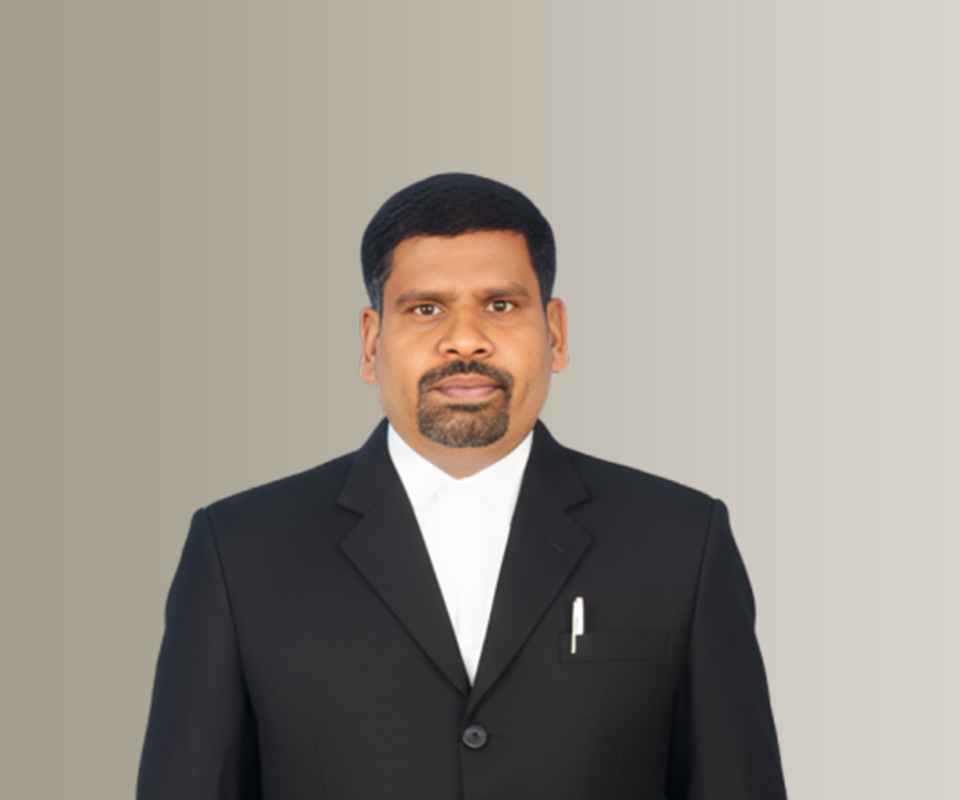Answer By law4u team
Bhartiya Sakshya Adhiniyam, 2023 - Section 111: Burden of proving that person is alive who has not been heard of for seven years
When the question is whether a man is alive or dead, and it is proved that he has not been heard of for seven years by those who would naturally have heard of him if he had been alive, the burden of proving that he is alive is shifted to the person who affirms it.
Brefe Detail
This section addresses the legal burden of proof concerning the status of a person who has not been heard from for seven years. It specifies that if it can be demonstrated that a person has not been in contact with those who would typically communicate with them, the responsibility to prove that the person is alive falls on the individual claiming that they are alive.
Question & Answers
What happens when a person has not been heard from for seven years?
The burden of proving that the person is alive shifts to the individual who asserts that they are alive.
Who must provide evidence if a person has not been heard from for seven years?
The person claiming that the individual is alive must provide evidence to support their claim.
What kind of evidence is needed to prove that a person is alive after seven years?
Any evidence that indicates the individual has been in contact or has shown signs of life during the seven-year period.
Example
1. If John has not been seen or heard from by his family or friends for over seven years, and someone claims he is still alive, that person must provide proof of John’s existence.
2. In a court case, if it is established that Sarah has not communicated with anyone for seven years, the responsibility to prove her continued existence lies with anyone claiming she is still alive.
Summary
Section 111 of the Bhartiya Sakshya Adhiniyam, 2023, stipulates that if a person has not been heard from for seven years, the onus is on the individual asserting that the person is alive to provide evidence of that fact. This shifts the legal burden of proof in such cases.







